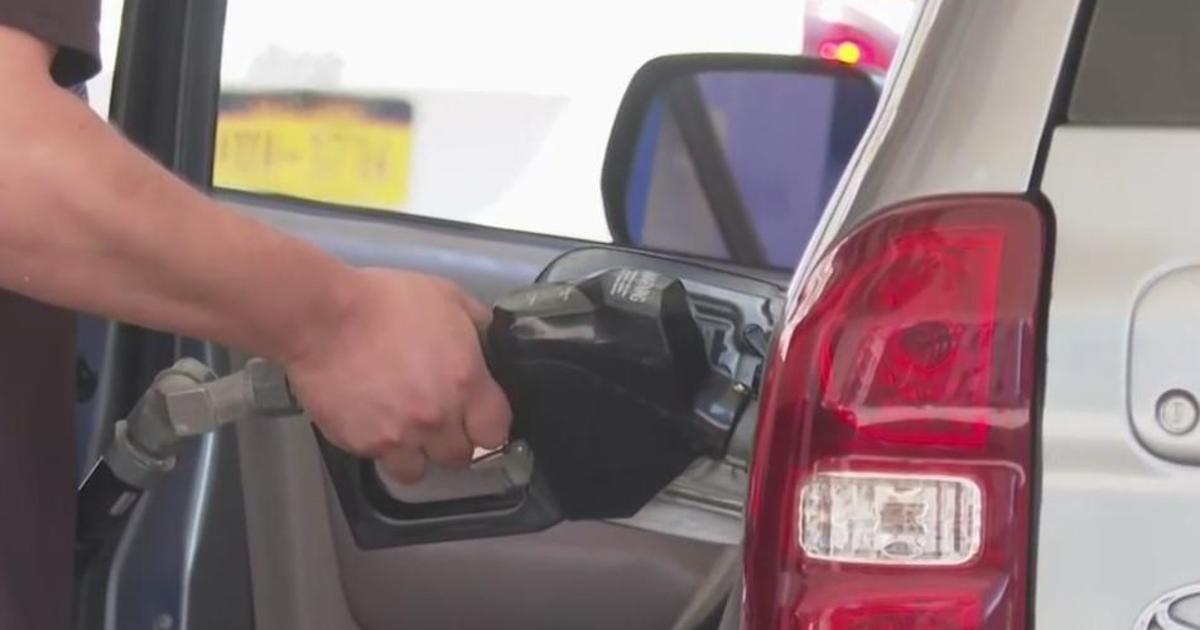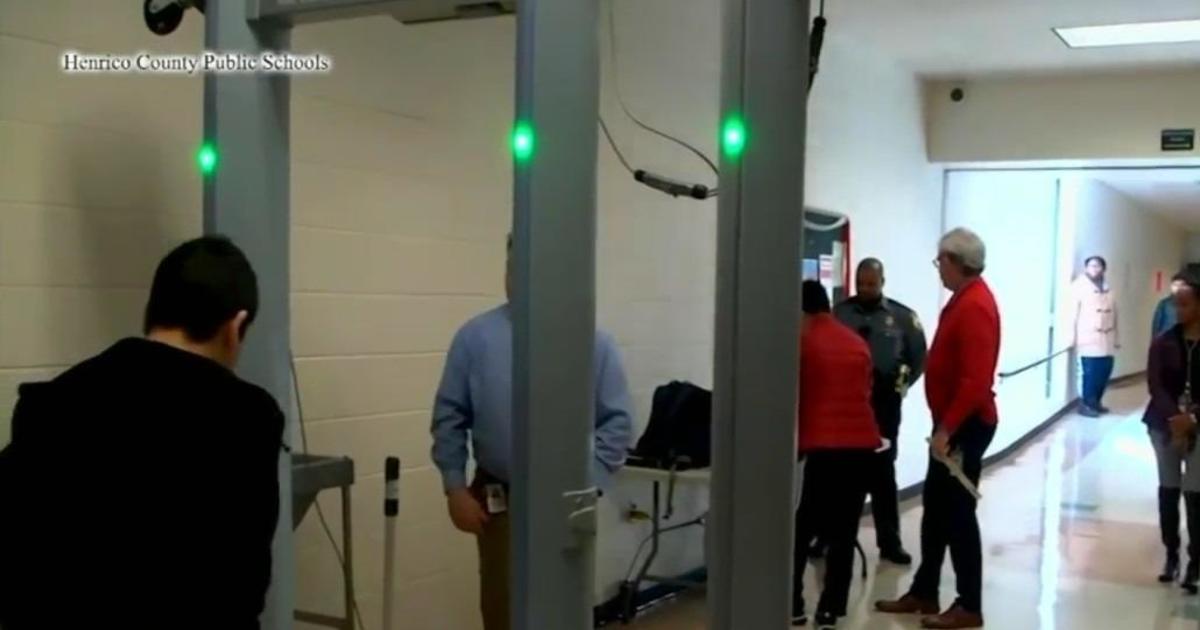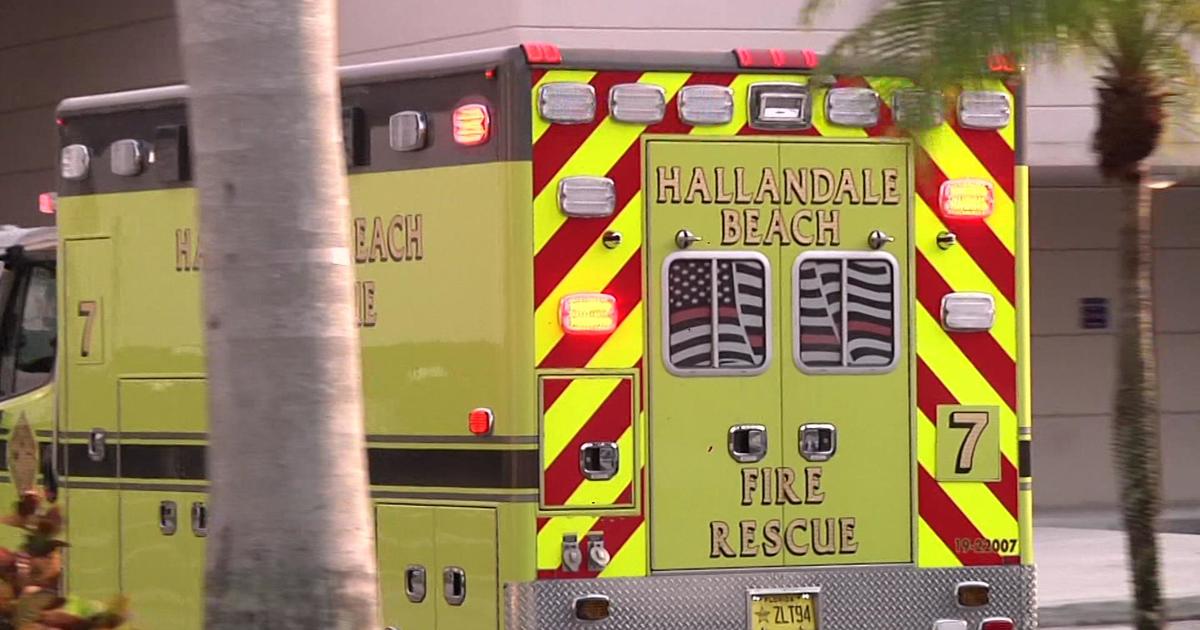Fla. Bill Addresses Low Nursing School Test Scores
TALLAHASSEE (CBSMiami/AP) — A new bill may tighten the qualifications for nursing programs in Florida amid a drop in test scores among nursing school graduates.
The drop has been linked to bills passed in 2009 and 2010 that permitted trade schools and colleges to open nursing programs without approval of the state's Board of Nursing.
Those bills, sponsored by Sen. Denise Grimsley, were seen as a way to deal with a statewide nursing shortage and usurped the power of the 13-member board, which for years was charged with the review and approval of nursing programs.
While 231 more schools opened from 2009 to 2013 and more graduates were produced, both slid downward in overall performance.
An increased number of nursing schools are on probation, and fail rates on the National Council Licensure Examination have gone up. "We've followed and monitored the impact of the 2009 and 2010 legislation, and (Grimsley) has noted some of the unintended impact that has occurred," said Martha DeCastro, vice president of nursing at the Florida Hospital Association, who has helped draft the new measure. "We were all surprised to see the abrupt drop in test scores."
Grimsley, R-Sebring, now wants to require new nursing programs to achieve accreditation within five years of accepting students. Unaccredited existing programs would have five years to meet the required standards. Grimsley, who is a registered nurse, acknowledged that the previous measures had allowed some "bad players" to enter the nursing school arena, resulting in the dip in scores.
"With this, those bad players won't be existing in 2019," she said.
A legislative analysis released last month found that the effort to boost nurse numbers had worked: Since July 2009, when the first measure took effect, the number of students graduating from nursing programs has increased by about 30 percent, from 11,708 in 2009-2010 to 15,128 in 2012-2013.
At the same time, 73 percent of graduates of nursing programs created since 2009 were 10 percentage points or more below the national test average for 2013, according to the analysis.
The majority of new students since 2009 have enrolled in programs for basic certification at for-profit schools that advertise degrees for a set price.
Today, 11 of the 24 programs on probation opened in 2011 or later, records show, with 18 of them at for-profit schools.
"This new legislation will take care of a lot of these test score problems," said Anna Small, a Tampa lawyer and past vice president of the Florida Nurses Association.
"Part of being accredited means that you need to have and maintain a certain test passage rate." As a student, "you certainly want to go to an accredited school if you want to advance your education," Small said.
The bill, though, doesn't require accreditation for smaller schools offering a program to become a licensed practical nurse, or LPN, which generally require a year of training.
The test passage rate of LPN program graduates has steadily declined since 2011. Grimsley noted that the numbers of lower-level nurses are diminishing in a market that requires higher skills. But ideally, a future measure will address the licensure requirements of even those lower level programs, DeCastro said.
"These are other concerns we have, but have not been addressed."
Republican state Rep. Cary Pigman has introduced a companion bill in the House.
TM and © Copyright 2014 CBS Radio Inc. and its relevant subsidiaries. CBS RADIO and EYE Logo TM and Copyright 2014 CBS Broadcasting Inc. Used under license. All Rights Reserved. This material may not be published, broadcast, rewritten, or redistributed. The Associated Press contributed to this report.



